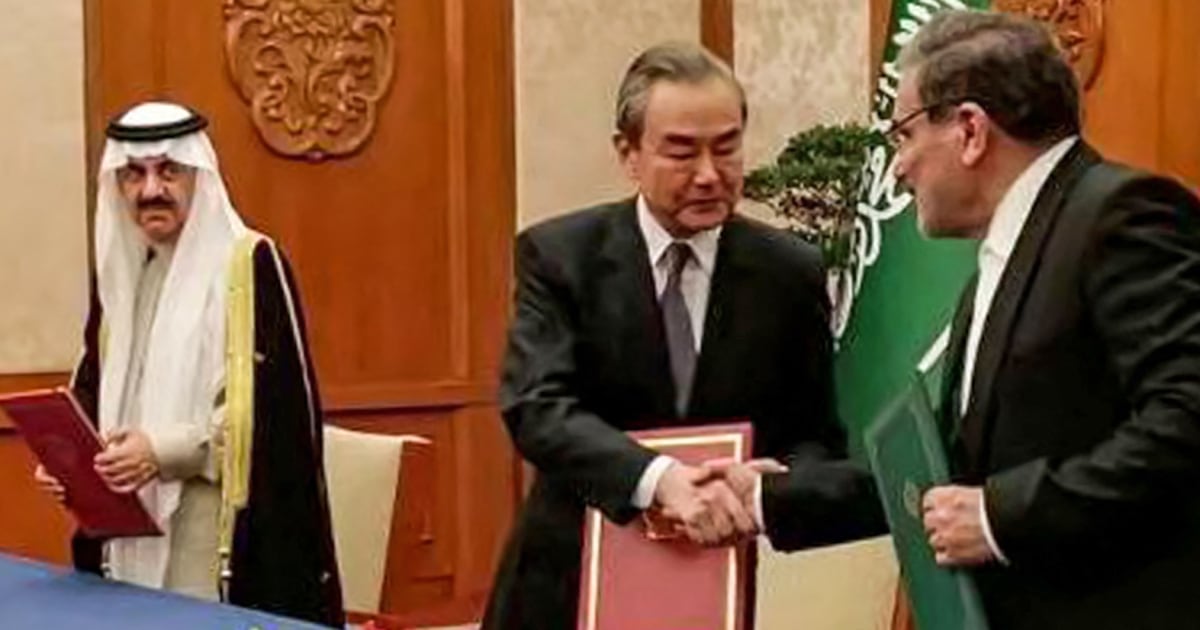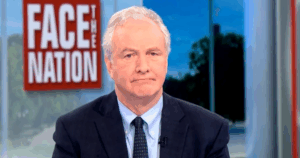Key takeaways:
- Saudi Arabia and Iran have restored ties after decades of rivalry, with China brokering the deal.
- The agreement has been met with mixed reactions in Washington, with fears that it could spell the end of the United States’ pre-eminence in the region.
- The restoration of ties between Saudi Arabia and Iran is a major development in the Middle East, and it is clear that China’s role in brokering the deal has been a major factor in its success.
The Middle East has seen a major shift in diplomatic relations as Saudi Arabia and Iran have restored ties after decades of rivalry. China, who brokered the deal, has been praised by world leaders for its successful negotiations. U.N. Secretary-General António Guterres expressed his appreciation to China for brokering the deal, while China’s top diplomat, Wang Yi, called it a “victory for dialogue”.
The agreement has been met with mixed reactions in Washington, where there are growing fears that it could spell the end of the United States’ pre-eminence in the region and beyond. Aaron David Miller, who served as a Middle East policy adviser at the State Department for 25 years, said it was “really stunning” that the U.S. was not involved in the negotiations. The White House said through a National Security Council spokesperson that China’s successful agreement appeared to mirror the failed negotiations the White House pursued with both countries in 2021.
The agreement between Saudi Arabia and Iran comes at a time when negotiations between Iran and the United States to revive the 2016 nuclear deal are faltering. Riyadh and Washington have long walked in lockstep on foreign policy, so the outcomes of both sets of Iran talks seemed interlinked.
The restoration of ties between Saudi Arabia and Iran is a major development in the Middle East, and it is clear that China’s role in brokering the deal has been a major factor in its success. It remains to be seen how this will affect the United States’ influence in the region and beyond.



Be First to Comment